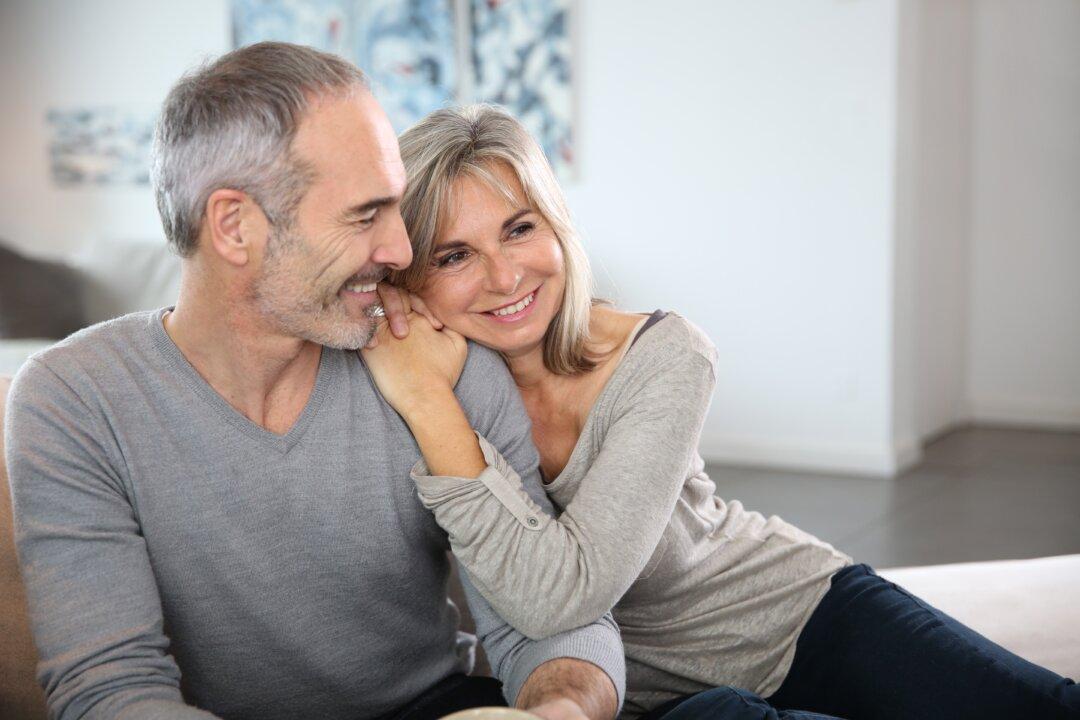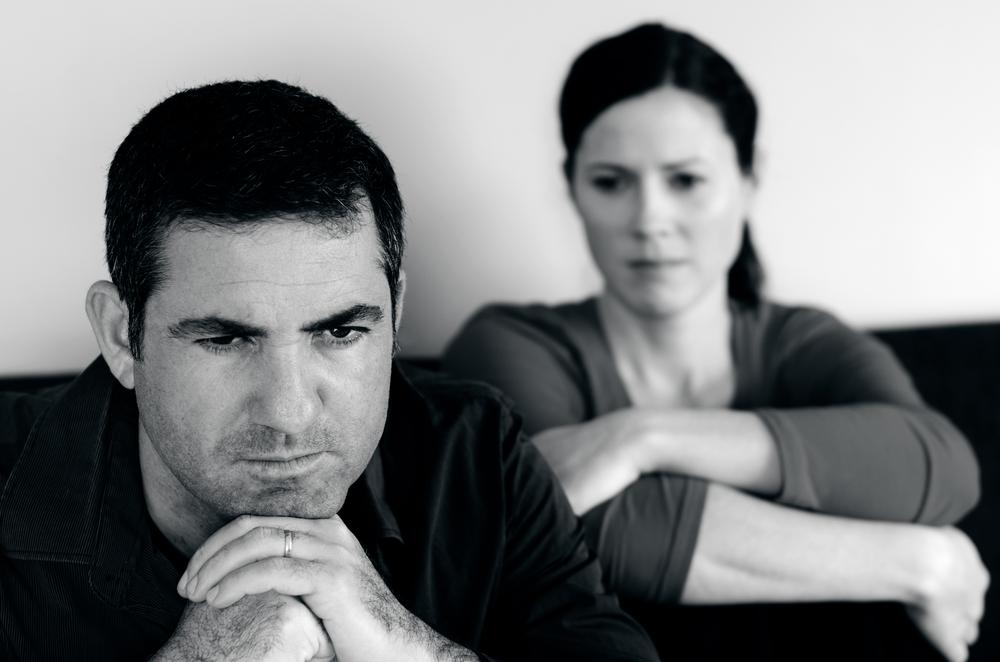Reject fear, choose love. This is a popular refrain and wonderful advice. Many believe that there are only two primal emotions in the human being, love and fear, and that we cannot feel both at once. And, that in the same way that light removes darkness, love can remove fear.
The choice to reject fear and choose love can feel like something that only applies to moments of crisis, when we’re leaving a marriage, starting a new business, preparing to climb Mount Everest. But in truth, the opportunity to choose love and reject fear presents itself in the smallest moments of life, and specifically, in relationships with those closest to us. Love over fear is a choice every time someone tells us something about ourselves or has an experience of us that we don’t want to hear.






